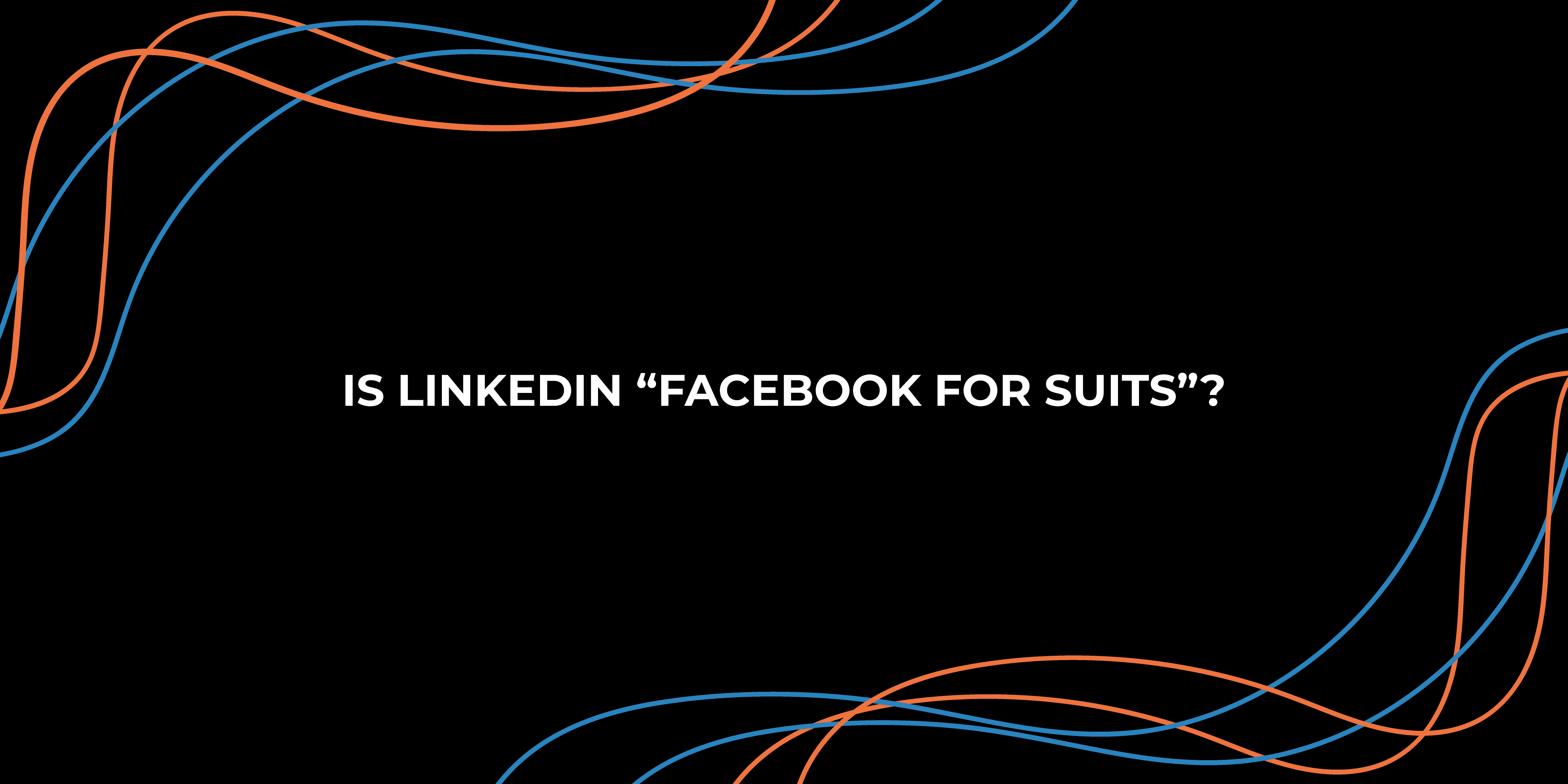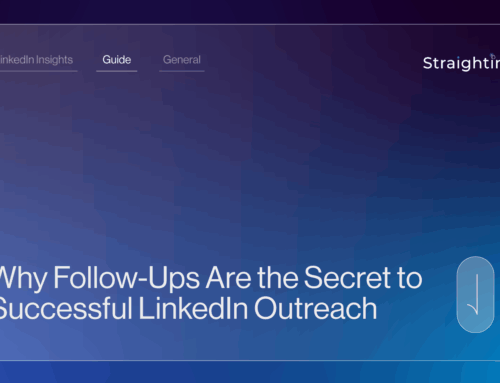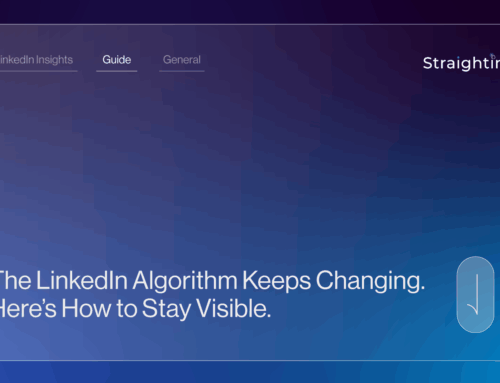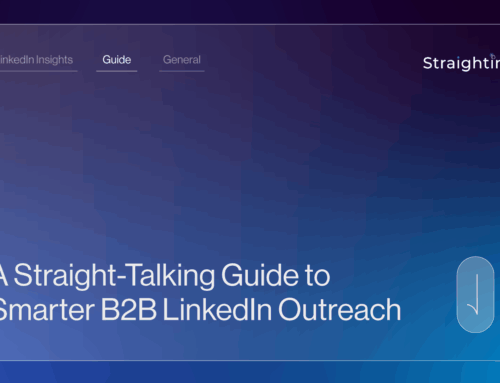LinkedIn is constantly evolving and introducing new features to its platform. However, if you’ve been active on LinkedIn in recent months, you may have noticed an uptick in complaints from users who feel the platform has taken a turn for the worse. Some feel that LinkedIn is becoming more like Facebook, with an influx of personal content, an abundance of users striving to become influencers, earning the unflattering label of “Facebook for suits.” However, while there are certainly some similarities between the two, there are also some fundamental differences that set them apart.
Facebook vs LinkedIn
Yes, both of them are hugely popular social media platforms that allow people to connect with one another and share information, their primary purposes and user demographics differ significantly.
Firstly, let’s talk about LinkedIn – a platform specifically created for professional networking. It’s tailored towards helping professionals connect with others in their field, share industry-related news and insights, and showcase their work experience and skillset. LinkedIn provides a space to establish professional relationships, seek job opportunities, and broaden your network within your industry.
In contrast, Facebook is a more informal social networking site. Though it can still be used for professional purposes, its primary function is for sharing personal updates, photos, and videos with friends and family. Facebook is a place to stay connected with old classmates, share images of your children, or follow your favourite celebrities.
The power of LinkedIn
LinkedIn’s power goes beyond just professional networking, as it is also an incredibly valuable tool for sales teams, marketers, and B2B businesses. Here are a few reasons why:
- Targeted advertising: LinkedIn offers a range of advertising options that allow businesses to target specific demographics, job titles, and industries. This means that businesses can reach their ideal audience with tailored messaging that speaks directly to their interests and needs.
- Thought leadership: By sharing relevant, informative content on LinkedIn, businesses can establish themselves as thought leaders in their industry. This helps to build trust with potential customers and can ultimately lead to increased sales and conversions.
- Lead generation: LinkedIn’s Sales Navigator tool is a powerful resource for B2B businesses looking to generate leads. With Sales Navigator, businesses can search for and reach out to potential clients based on criteria such as job title, company size, and industry.
- Employee advocacy: LinkedIn is also an excellent platform for employee advocacy. Encouraging employees to share company content and engage with potential customers on LinkedIn can help to extend a business’s reach and increase brand awareness.
- Networking: Of course, LinkedIn’s original purpose – professional networking – is still a powerful tool for sales teams and marketers. By building relationships with potential clients and industry peers on LinkedIn, businesses can expand their network and ultimately increase their chances of success.
What is Facebook good for?
Facebook, meanwhile, is much better suited to B2C businesses due to its large user base, community building, and cost-effective advertising.
So, where does the comparison come in? Well, some people argue that LinkedIn has started to become more like Facebook in recent years. They point to the fact that more and more people are using LinkedIn to share personal updates, photos, and videos, rather than just professional content. Some users are also trying to become “influencers” on the platform, building up a personal brand and sharing their knowledge and experience with others.
There are quite a few people who aren’t happy about this, but one could argue that is precisely the raison d’être of LinkedIn. It was created to help business professionals network, find job prospects, promote themselves, and advance their careers.
So, is LinkedIn really just “Facebook for suits”?
Not quite. While there may be some overlap between the two platforms, LinkedIn remains a unique and valuable resource for professionals and businesses. If you’re looking to build your career, find job opportunities, or network with others in your field, LinkedIn is still the best place to do it.
That being said, maybe save the pictures of your dinner, cat videos, and pictures of your kids for Facebook.








